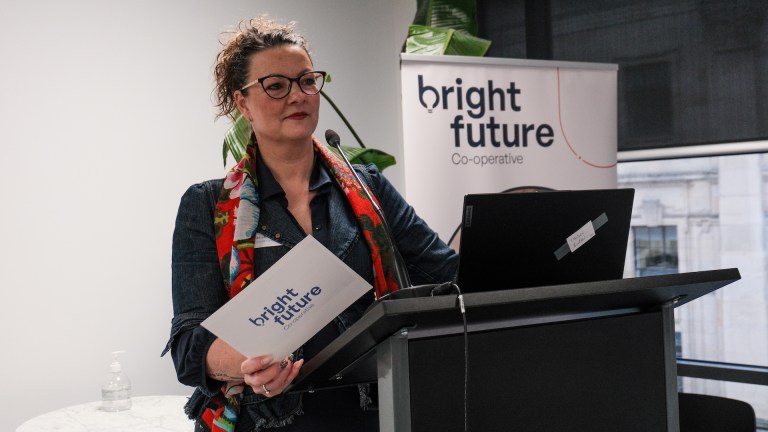Additionally, the DWP has increased the number of people who are categorised in the ‘intensive work search group’ by raising the earnings threshold from the equivalent of nine hours per week at the national living wage in 2021 to 2022 to 18 hours in 2024 to 2025.
Davies said: “Given the key role Jobcentres will play in supporting the government’s ambition to increase the employment rate, DWP should also be transparent about how effective they are and evaluate the impact of its changes on the system of employment support.”
Like the Conservative regime before them, the Labour government has set out a series of plans it hopes will push more people into work and off benefits, particularly people who are out of employment due to disability or long-term sickness.
Backed by £240 million of investment in employment support, the Jobcentre system will be transformed into a new national jobs and careers service, which the DWP claims will be focused on people’s skills and careers instead of monitoring and managing benefit claims.
Mayors and councils will be empowered to join up local work, health and skills support in ways that meet the specific needs of their local areas. There will also be a new ‘youth guarantee’ to help every young person access education and training.
Additionally, the government has announced plans for 1,000 existing work coaches to take on the role of helping 65,000 people who are claiming disability benefits in 2025/2026.
The National Audit Office is urging the government to assess the impact the shortfall in work coaches is having on Jobcentres’ ability to provide people with the intended level of support. It suggests that the government use subsequent findings to reform employment support.
Iain Porter, senior policy adviser at the Joseph Rowntree Foundation, said: “The current work coach shortage undermines the government’s promise to support disabled people into work, which it used to justify the biggest cuts to disability benefits in recent memory.
“Moving away from box-ticking and compliance towards personalised, tailored support for people with long-term ill health or disability requires dedicated work coaches to build relationships of mutual trust and respect. But more than half of Jobcentres reduced their support for people looking for work at the end of last year because of rising caseloads.
“The government must urgently explain how it plans to support disabled people into work while these work coach shortages remain. They must also show how they will protect disabled people impacted by the cuts from going without essentials and experiencing further hardship, which will only make it harder for them to move into work even with the right support.”
A DWP spokesperson said: “Our Jobcentres are full of brilliant work coaches – but they are held back by a system that is too focused on ticking-boxes and monitoring benefits instead of genuinely supporting people back into work.
“That is why we are redeploying 1,000 work coaches to help deliver intensive employment support to sick and disabled people, modernising Jobcentres with new digital tools, and improving access to free up work coaches’ time as we bring the network together with the National Careers Service
“This will come alongside our Get Britain Working Paper which will bring forward the biggest employment reforms in a generation – joining up local, work, health and skills support and guaranteeing every young person has the chance to earn or learn as we deliver on our Plan for Change.”
Do you have a story to tell or opinions to share about this? Get in touch and tell us more. Big Issue exists to give homeless and marginalised people the opportunity to earn an income. To support our work buy a copy of the magazine or get the app from the App Store or Google Play.










